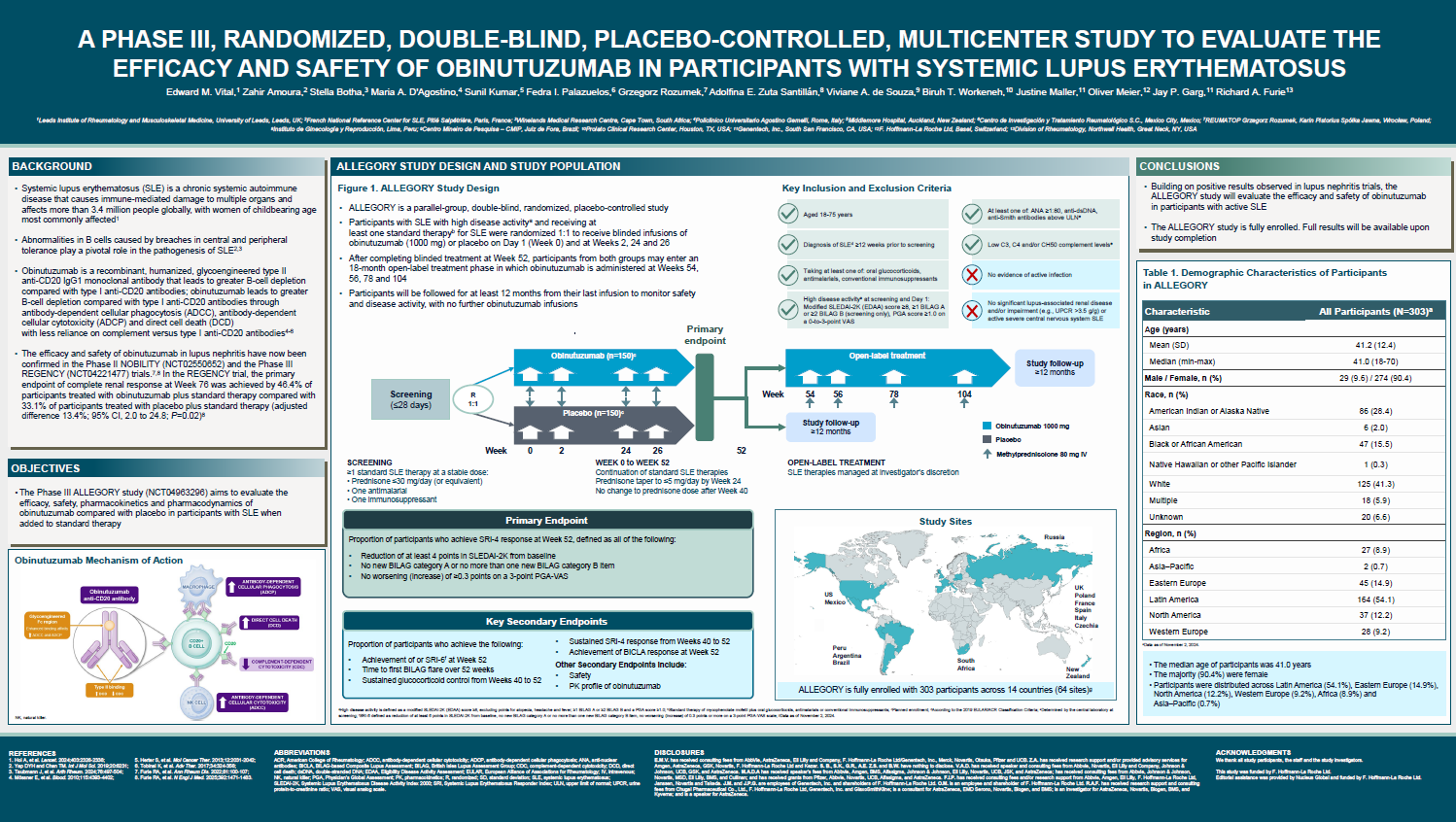Ultraprocessed Foods Increase Lupus Risk Save

Among women followed for upwards of 25 years, those who ate relatively large amounts of "ultraprocessed" foods -- such as soft drinks, frozen pizzas, and mass-produced baked goods -- developed systemic lupus erythematosus (SLE) at more than 50% greater rates than those with relatively low consumption, a new analysis of Nurses' Health Study (NHS) data showed.
Participants in the top tertile of ultraprocessed food intake had an adjusted hazard ratio of 1.56 (95% CI 1.04-2.32) for new-onset SLE during follow-up relative to the lowest tertile, according to Karen H. Costenbader, MD, MPH, of Brigham and Women's Hospital and Harvard Medical School in Boston, and colleagues.
And just drinking soft drinks in large quantities raised the risk, the researchers reported in Arthritis Care & Research. With both artificially and sugar-sweetened products combined, the hazard ratio for the third versus the first tertile of intake was 1.45 (95% CI 1.01-2.09).
It's worth noting, however, that lupus was uncommon in absolute terms. Among roughly 200,000 participants in the NHS's two iterations, and more than 4.5 million person-years of observation, only 212 new lupus cases arose.
"To our knowledge, this is the first analysis of [ultraprocessed food] intake and risk of developing SLE and the results have strong biologic plausibility," Costenbader and colleagues wrote, noting that previous studies have linked ultraprocessed foods to a variety of illnesses, "including inflammatory bowel disease, diabetes, colorectal cancer, and even incident depression." In 2014, a group including Costenbader and other authors of the new study reported that frequent soft drink consumption raised the risk for rheumatoid arthritis.
How ultraprocessed foods may put people at risk for individual diseases is still an open question, but there is little doubt that these foods do promote systemic inflammation in at least some people. With regard to SLE, Costenbader and colleagues cited nonclinical research into SLE's pathophysiology that suggest diet may indeed play a role, through "oxidative stress and mitochondrial dysfunction, gut microbiome alterations, metabolites interacting with the aryl hydrocarbon receptor and other sensors that influence immune cell function and phenotypes, and epigenetic changes."
The investigators also pointed a finger specifically at emulsifiers, a common additive in mass-produced food products. These "are biologically and metabolically harmful, affecting the gut microbiota, and implicated in causing 'leaky gut,' with resulting systemic inflammation and metabolic syndrome," the group wrote.
And there is also no doubt that such foods now dominate the typical American diet. Data from the National Health and Nutrition Examination Survey showed that ultraprocessed foods accounted for an astonishing 57% of average caloric intake for adults in 2017-2018.
Study Details
Costenbader and colleagues drew on NHS data from its first iteration, beginning in 1984, and the second that commenced in 1991. The first cohort was followed through 2016 and the second until 2017. Participants reported intakes of various types of foods at baseline and every 2 to 4 years during follow-up. The so-called Nova classification system was used to identify and quantify consumption of ultraprocessed foods.
Just about everything on supermarket shelves that comes in a box, can, or bottle is a probable ultraprocessed food. The Nova list is too extensive to recite here in full, but it includes such things as ice cream; cookies and crackers; frozen heat-and-serve meals; canned, boxed, or instant soups; all breakfast cereals; sausages; and packaged breads. For the primary analyses, intake of ultraprocessed foods was quantified as servings per day, but consumption in grams or milliliters was studied as well.
New diagnoses of SLE were self-reported by participants but also confirmed from their medical records. Whether these cases also included detection of antibodies to double-stranded DNA (anti-dsDNA), which tends to correlate with more severe disease, was noted as well. Statistical analyses included adjustment for age, race, caloric intake, alcohol consumption (self-reported), smoking, income, body mass index, and which NHS cohort a participant had joined.
Participants in the first cohort averaged about 50 years of age at baseline; cohort II was considerably younger, with a mean age of 36 at enrollment.
Those in the top tertile of ultraprocessed food intake (in servings per day) also ate more calories overall (mean 2,065 kcal/day vs 1,715 and 1,407 for the middle and bottom tertiles, respectively) and were slightly less physically active, but also drank somewhat less alcohol than those in lower tertiles.
High consumption of ultraprocessed foods was associated particularly strongly with anti-dsDNA positivity, with an adjusted hazard ratio of 2.05 (95% CI 1.15-3.65) relative to the bottom tertile.
The association between high consumption and increased lupus risk was maintained when the investigators quantified ultraprocessed foods by weight or volume rather than servings (HR 1.60, 95% CI 1.10-2.32). It was attenuated somewhat, though, when these quantities were analyzed as percentages of total food intake (HR 1.41, 95% CI 1.00-1.99, for top vs bottom tertile).
Limitations to the study included its relatively well-educated and high-income sample, which was also 93% white. In addition, the small number of new lupus diagnoses led to broad confidence intervals for the associations.
The authors noted, too, that SLE onset typically occurs from ages 15 to 45, so the older age for much of the sample also limits the analysis. "These studies should be replicated in younger and more diverse cohorts," Costenbader's group wrote.
Source Reference: Rossato S, et al "Ultra-processed food intake and risk of systemic lupus erythematosus among women followed in the Nurses' Health Study cohorts" Arthritis Care Res 2024; DOI: 10.1002/acr.25395.










If you are a health practitioner, you may Login/Register to comment.
Due to the nature of these comment forums, only health practitioners are allowed to comment at this time.